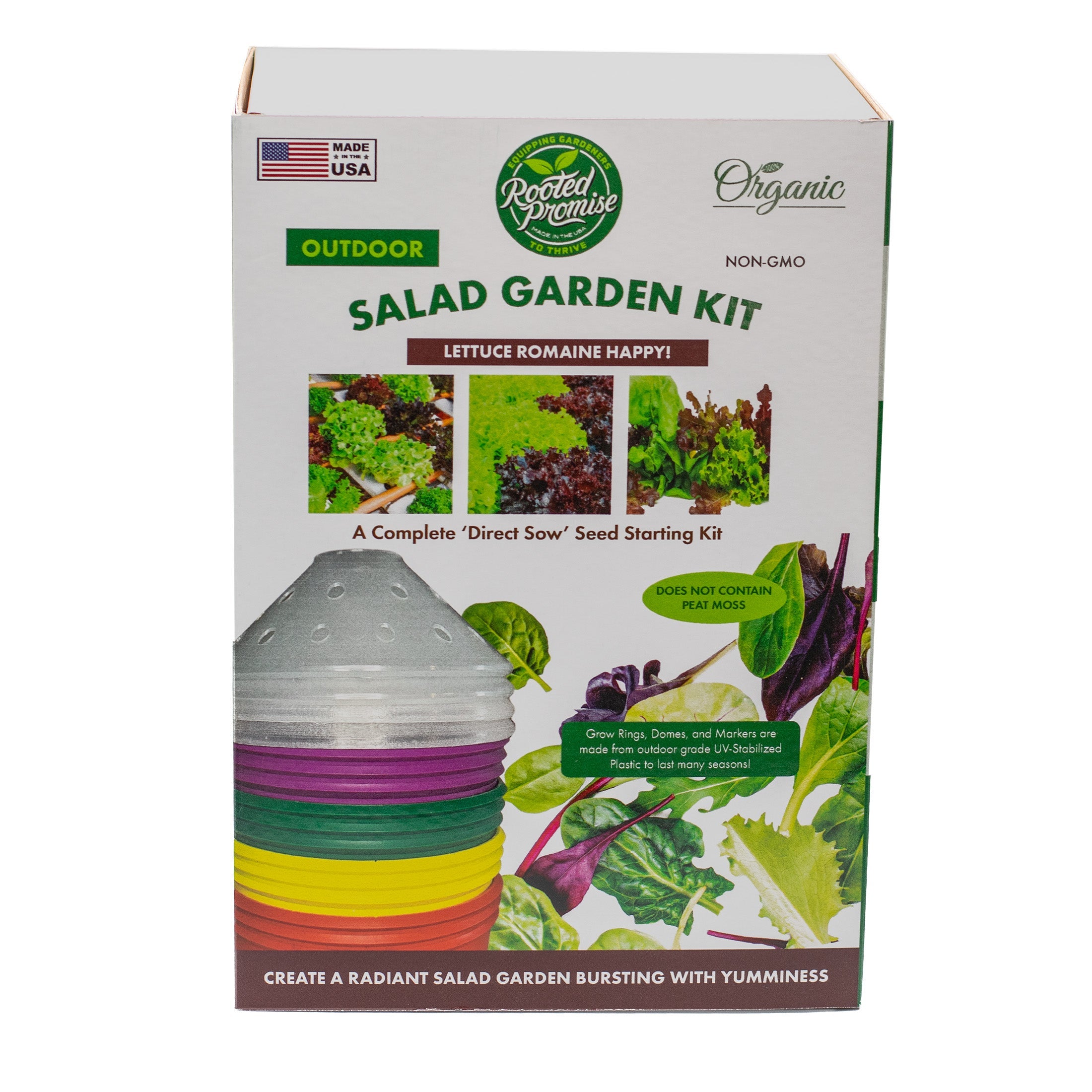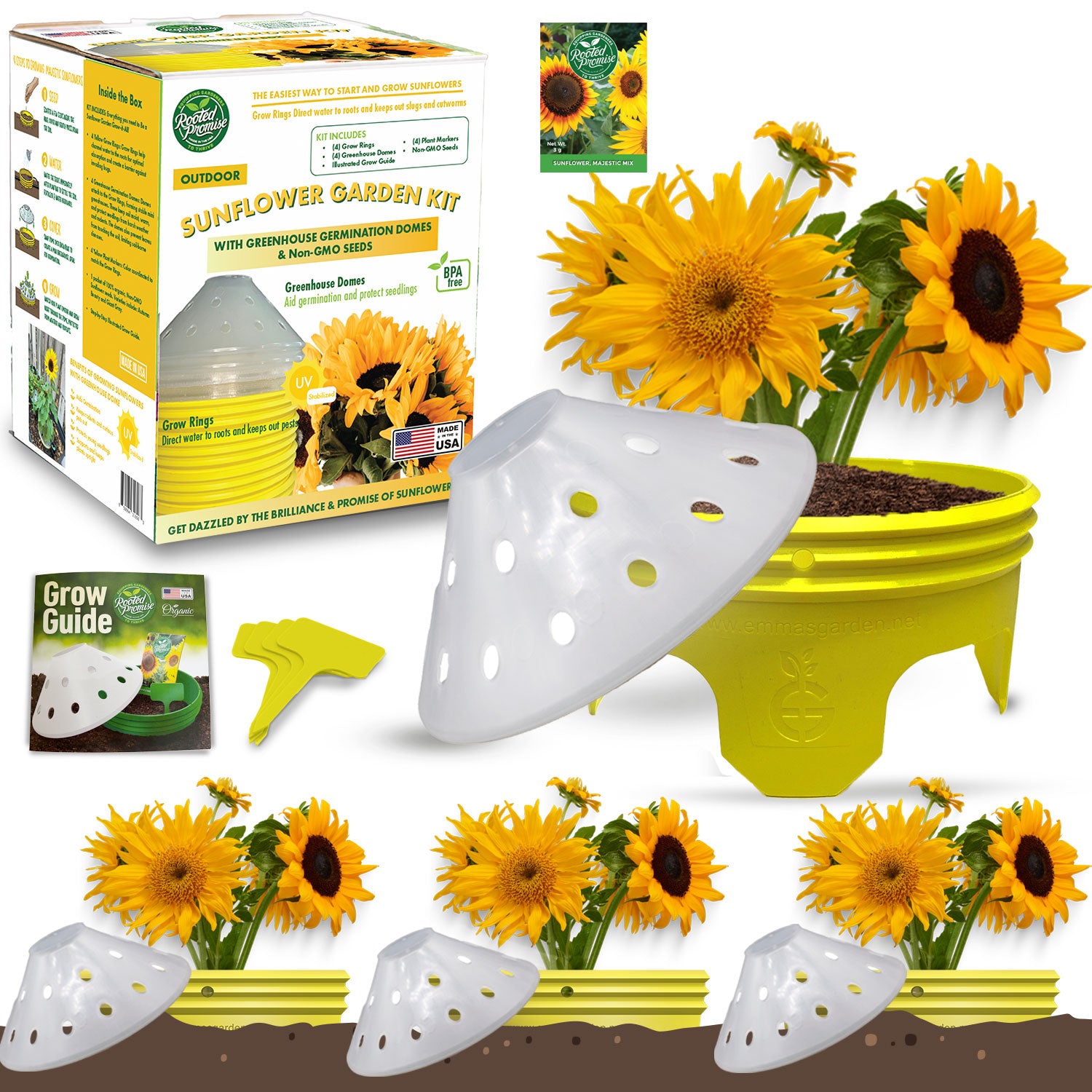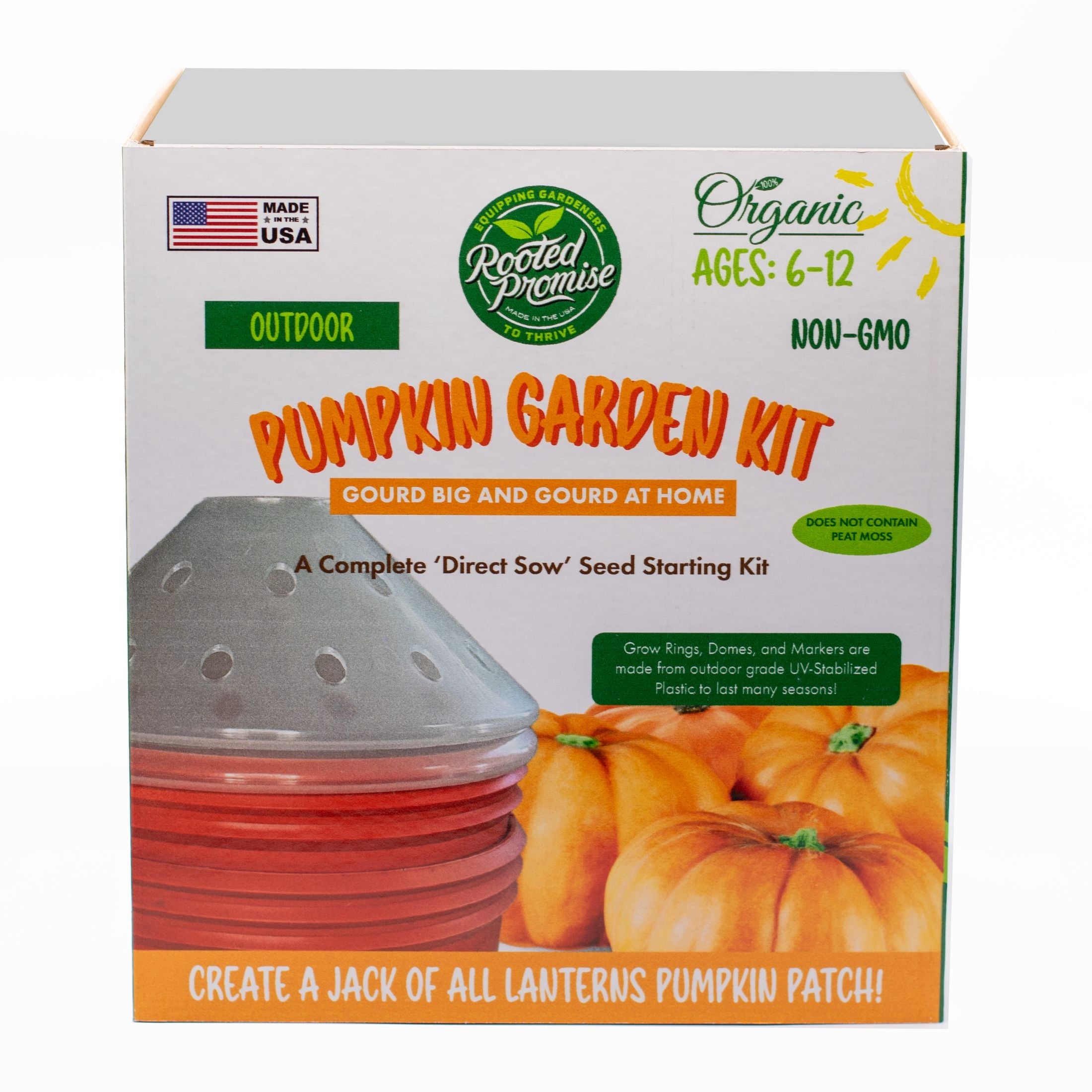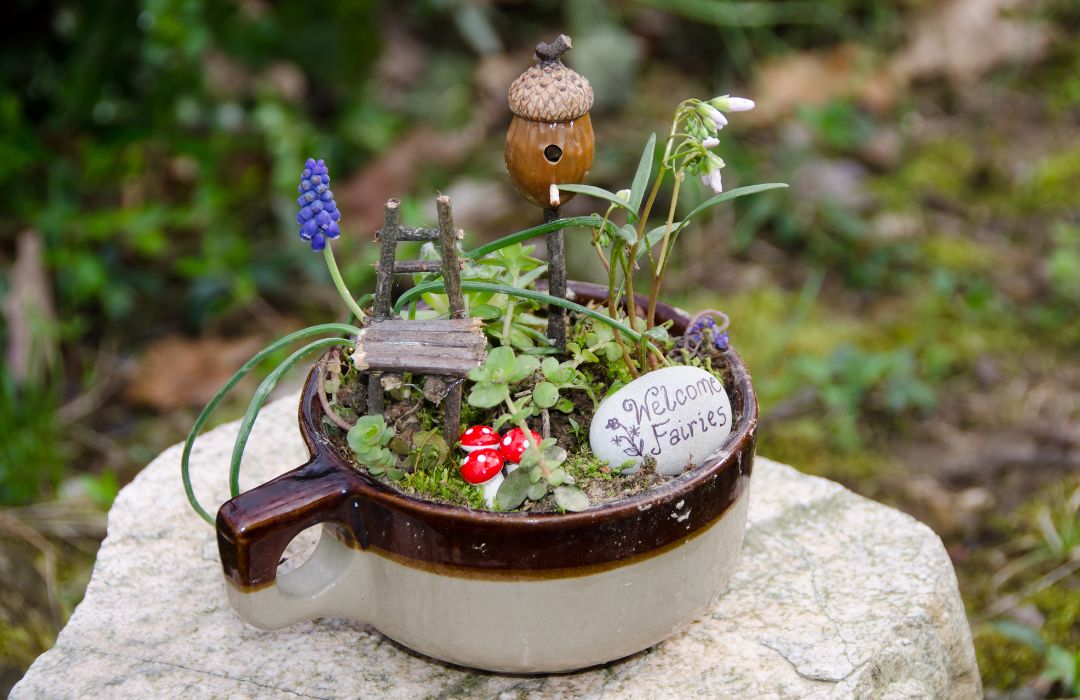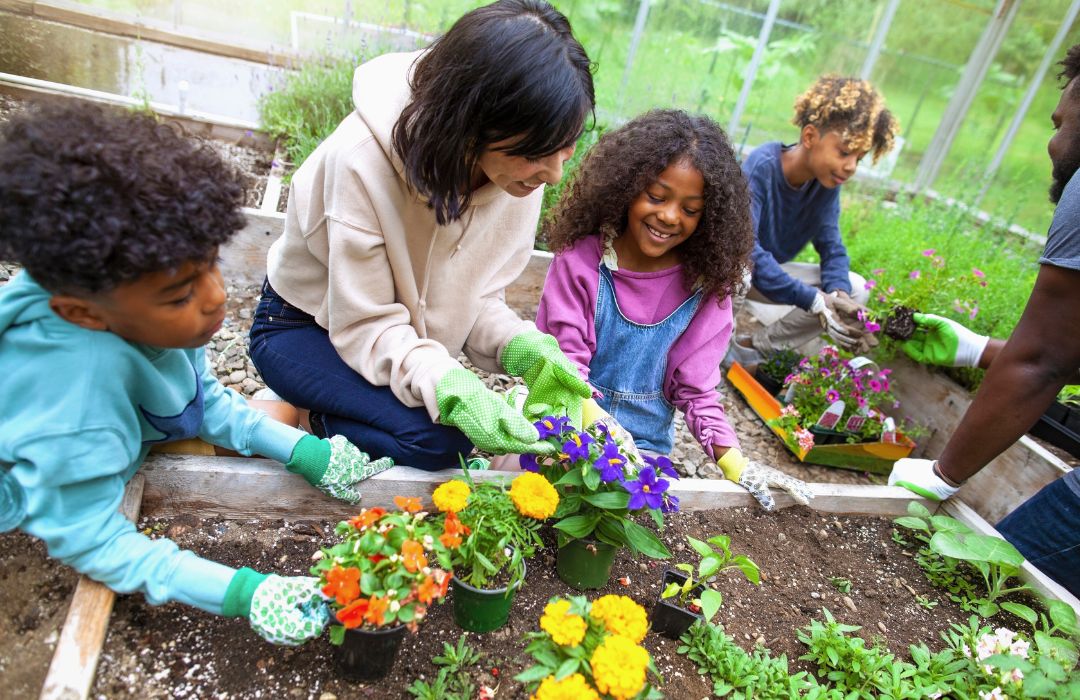Introduction
As parents of three young girls, we were always searching for creative ways to win the eat-your-vegetables battle. So were our friends. And then something strange happened…
When our girls started helping with our backyard garden, we noticed they began eating more veggies. At first, we thought it was just a coincidence, but then discovered studies showing that kids who grow their own vegetables are more likely to eat them.
In honor of National Eat Your Vegetables Day, we wanted to share this little-known trick.
Table of content
- The Benefits of Growing Vegetables with Kids
- Tips for Gardening with Kids
- The Unique Benefits for Kids with Extra Challenges
- Conclusion
The Benefits of Growing Vegetables with Kids
Involving kids in gardening is a fantastic way to teach them about where food comes from and instill a love of nature. But beyond that, there’s a powerful connection between gardening and healthy eating habits. When kids participate in planting, tending, and harvesting vegetables, they develop a sense of ownership and curiosity about the food they grow. This curiosity often translates into a willingness to try new vegetables and eat more of them.

According to a study by the American Society of Horticultural Science, children who garden are more likely to consume fruits and vegetables than those who do not. This increased consumption can lead to better overall nutrition and a lower risk of obesity and related health issues.
For kids with additional challenges, such as those with Down Syndrome, maintaining a healthy diet is especially important. These children often face weight health issues, making it crucial to encourage nutritious eating habits. Engaging them in gardening can be a fun and effective way to promote these healthy eating habits.

Tips for Gardening with Kids
- Start Small: Begin with a few easy-to-grow vegetables like cherry tomatoes, carrots, or snap peas. These crops are quick to harvest, keeping kids engaged and excited.
- Make It Fun: Use colorful tools, create a themed garden (like a pizza garden with tomatoes, basil, and peppers), or add fun decorations to make the garden a magical place.
- Give Them Ownership: Let kids choose what they want to plant and give them specific tasks. This ownership can lead to a greater interest in eating what they’ve grown.
- Be Patient and Positive: Gardening is a learning experience. Celebrate successes and view setbacks as opportunities to learn together.
The Unique Benefits for Kids
Gardening also provides sensory experiences, improves fine and gross motor skills, and can be a wonderful way to spend time outdoors, which is beneficial for mental health. Moreover, being involved in the process of growing vegetables can boost self-esteem and provide valuable life skills.
At Rooted Promise, we’ve seen firsthand how gardening can be a source of joy, pride, and health for everyone involved.
Conclusion
Encouraging kids to eat vegetables doesn’t have to be a battle. By involving them in the gardening process, you can foster a love of healthy eating that will last a lifetime. The benefits of growing and eating fresh vegetables are immense. Let’s plant the seeds of health and happiness together!
For more information on the benefits of gardening with kids, check out these resources:

